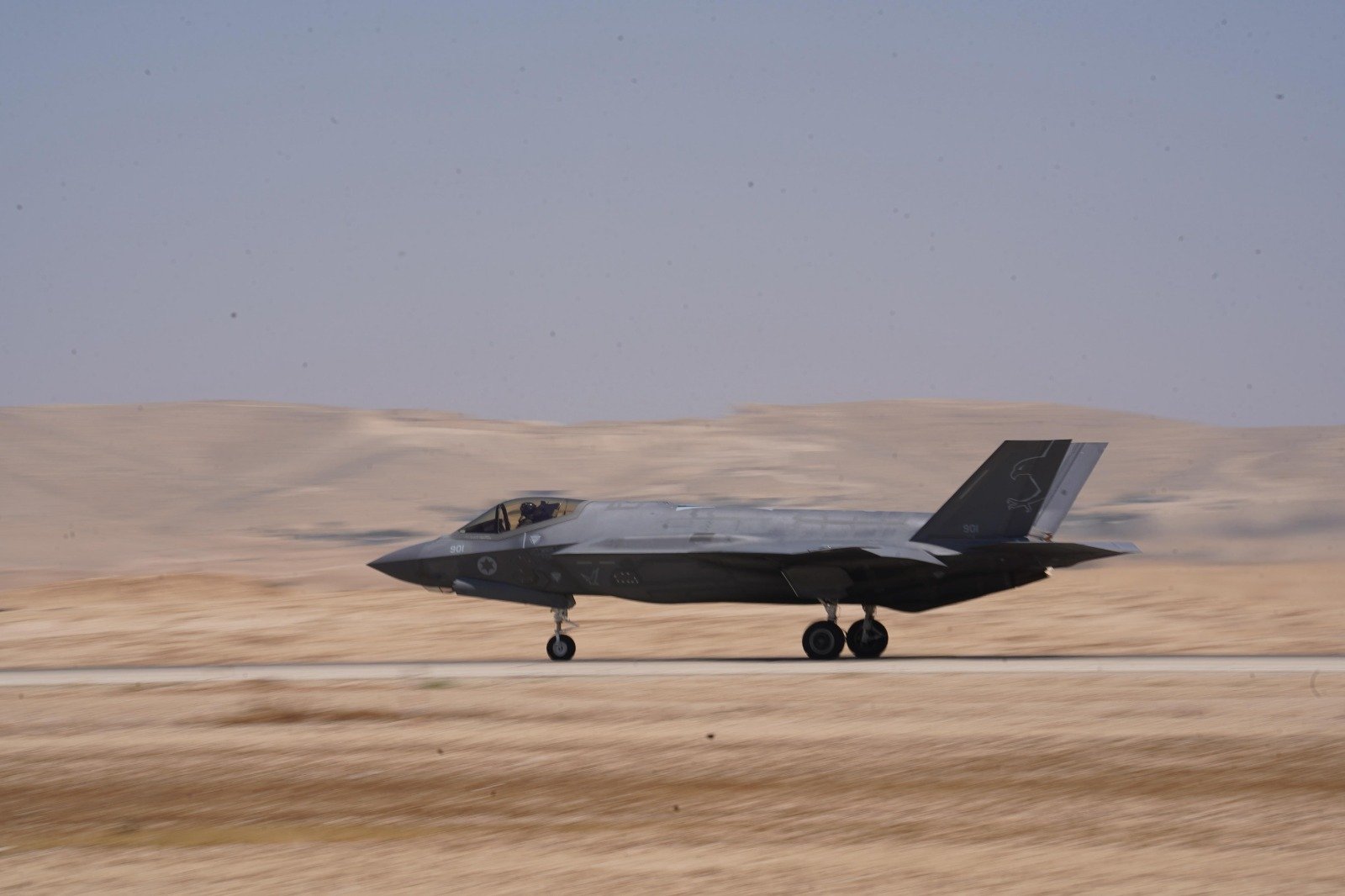


The Netherlands said Friday it would maintain its ban on exporting parts for F-35 fighter jets to Israel despite a Supreme Court order giving it the option to change its policy.
The ban on exporting parts for the jets used by Israel in its campaign against Hamas in Gaza has been in place since February 2024, when an Appeals Court ordered the government to halt exports.
But earlier Friday, the Supreme Court ruled that this court had overstepped its brief and said it was up to the government, not judges, to set foreign policy.
Supreme Court judges gave the government six weeks to review its policy on export licenses, but the decision came in a matter of hours.
“Given the current circumstances, it is unreasonable to resume the export of F-35 components from the Netherlands to Israel at this time,” the government said in a statement.
The US-owned F-35 parts are stored at a warehouse in the Netherlands, then shipped to several partners, including Israel, via existing export agreements.
The government stressed its commitment to the F-35 program as “a vital factor in safeguarding our security and that of our allies.”
It said it had taken the case to the Supreme Court “because, according to the cabinet, it is up to the state to shape its foreign policy.”
However, this step was unrelated to what the government called “the catastrophic situation in the Gaza Strip.”
“A ceasefire must be reached as soon as possible to end the violence and the suffering of the population, and to release the hostage,” said the statement.
Friday’s Supreme Court ruling put an end to a long-running legal saga over the parts.
Supreme Court Vice-President Martijn Polak ruled that the Appeals Court had erred in siding with rights groups that argued the parts contributed to violations of international law by Israel.
“The Court of Appeal may not assess for itself whether granting the permit constitutes a clear risk of serious violation of international humanitarian law,” said Polak.
“That is up to the minister.”
Dutch authorities had argued it was not clear whether they even had the power to intervene in the deliveries, part of a US-run operation that supplies parts to all F-35 partners.
Government lawyers also argued that Israel could easily find the parts elsewhere if their export from the Netherlands were banned.
In June, the High Court in London rejected a legal challenge brought by a Palestinian rights group seeking to block Britain from supplying parts for Israeli F-35s.
Times of Israel staff contributed to this report.


